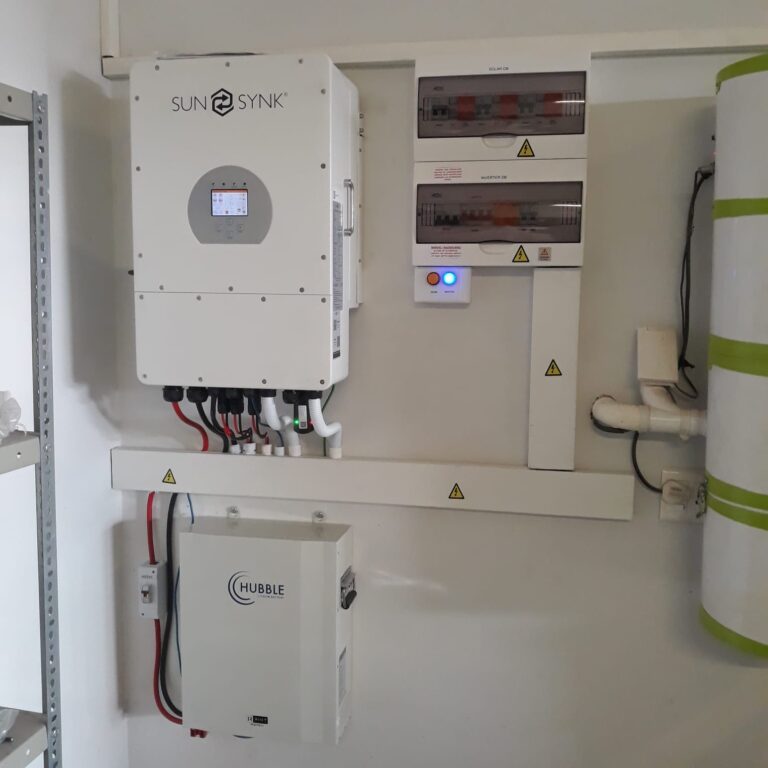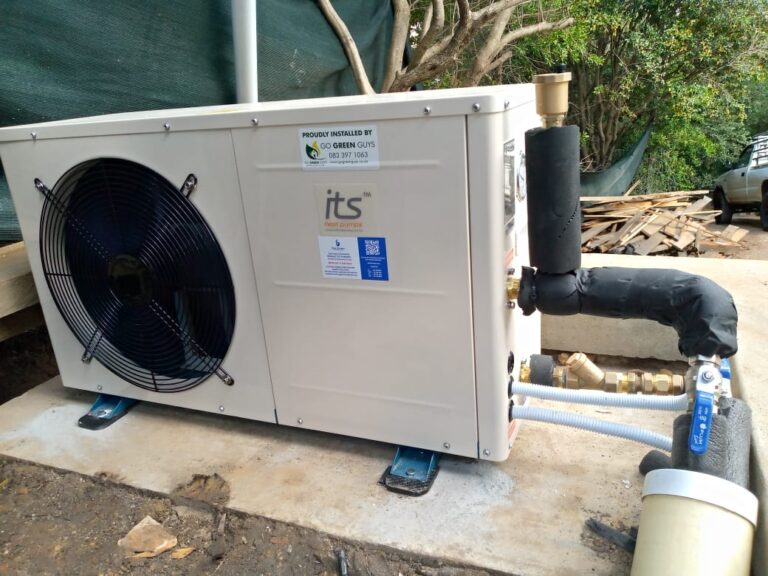Uninterruptible Power Supply
An Uninterruptible Power Supply (UPS) is a device that provides backup power to electronic equipment in the case of a power outage or electrical disturbance. It ensures that there is no interruption in the operation of devices such as computers, servers, or medical equipment. A UPS offers power for a limited period of time to allow users to either continue with their work or properly shut down the equipment to prevent data loss or damage to hardware.
Key Functions of a UPS:
- Backup Power: Provides temporary power when the main power supply fails.
- Voltage Regulation: Protects against voltage spikes, surges, and drops (brownouts).
- Power Conditioning: Ensures a clean and stable power supply to sensitive equipment.
Types of UPS:
- Standby UPS: The most basic type. It switches to battery power when it detects an outage.
- Line-Interactive UPS: Offers better voltage regulation by adjusting voltage fluctuations without switching to battery.
- Double-Conversion (Online) UPS: Provides the highest level of protection, continuously converting incoming AC power to DC and then back to AC.
Common Uses:
- Home and Office Equipment: Computers, routers, and modems.
- Data Centers: Servers, storage devices, and network infrastructure.
Medical Equipment: Critical systems that require continuous power.





